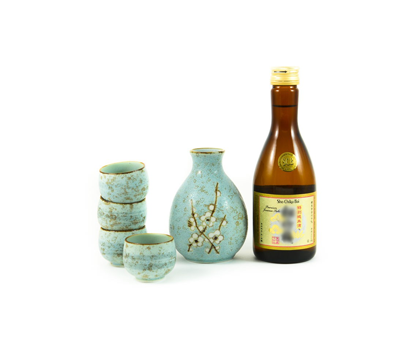Sake
Definition
Sake is an alcoholic beverage made from rice in a process similar to the brewing of beer. Aspergillus oryzae mold and yeast is used in the fermentation process. See: Aspergillus oryzae
Health considerations
Sakes’ composition is influenced by the type of rice and water used in the brewing process. Sake will typically retain some amount of the phytochemicals present in the rice grain itself, in addition to antioxidants such as ferulic acid produced during brewing. Sake contains trace amounts of potassium, magnesium, and phosphorus. Different sakes use different waters as the mineral content influences the sweetness of the end product; sweeter sakes have fewer minerals than their drier counterparts. See: Aspergillus oryzae, Ferulic acid
Keep in mind
Undiluted sake has a much higher alcohol content than typical wines and beers. Immoderate alcohol consumption is associated with negative health effects.
References
Self Nutrition Data Journal of Tropical Biology and Conservation
Journal of the Institute of Brewing


